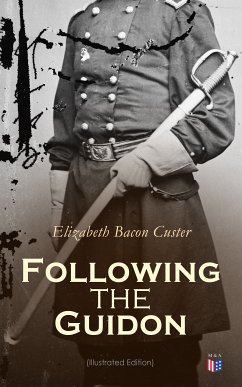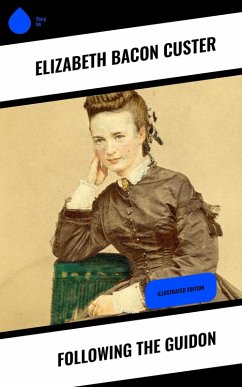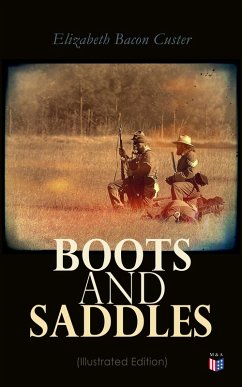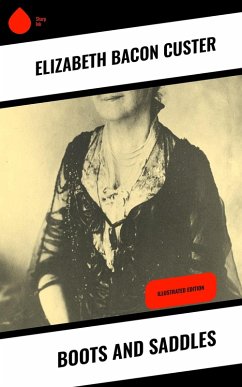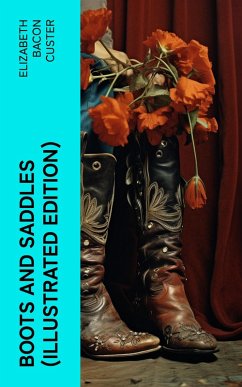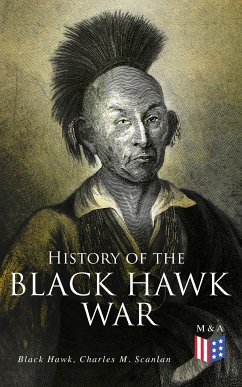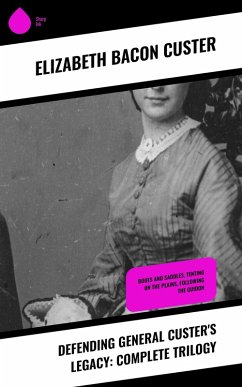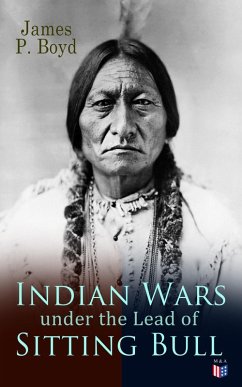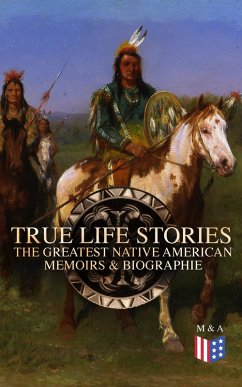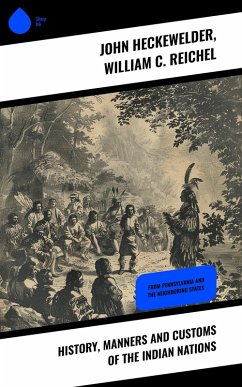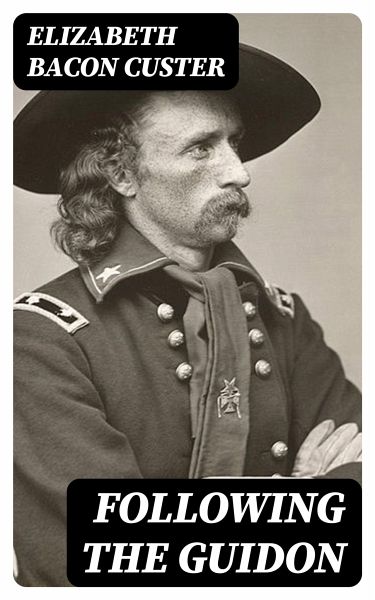
Following the Guidon (eBook, ePUB)

PAYBACK Punkte
0 °P sammeln!
In "Following the Guidon," Elizabeth Bacon Custer delves into her life as the wife of General George Armstrong Custer during the Indian Wars of the late 19th century. This memoir, rich with personal anecdotes and vivid descriptions, paints a complex portrait of military life and the challenges faced by women on the frontier. Custer employs a first-person narrative style that is both intimate and engaging, creating a blend of historical context and personal reflection. As she navigates themes of loyalty, courage, and patriotism, the reader is transported into a world of tumultuous change, under...
In "Following the Guidon," Elizabeth Bacon Custer delves into her life as the wife of General George Armstrong Custer during the Indian Wars of the late 19th century. This memoir, rich with personal anecdotes and vivid descriptions, paints a complex portrait of military life and the challenges faced by women on the frontier. Custer employs a first-person narrative style that is both intimate and engaging, creating a blend of historical context and personal reflection. As she navigates themes of loyalty, courage, and patriotism, the reader is transported into a world of tumultuous change, underscored by a lyrical prose that encapsulates the trials and tribulations experienced during this transformative era in American history. Elizabeth Bacon Custer, born into a prominent New York family, was instilled with a sense of adventure and a commitment to her husband's legacy. Her experiences accompanying Custer on military campaigns provided her with a unique perspective on the socio-political climate of her time, sparking her desire to document the interplay between gender roles and military leadership. This memoir is not solely an account of events but also reflects her profound emotional journey through love and loss. "Following the Guidon" is an essential read for anyone interested in American history, military narratives, and the often-overlooked perspectives of women in wartime. Custer's eloquent storytelling invites readers to explore the complexities of her life while revealing broader truths about a nation at war. This memoir not only honors her husband's legacy but also stands as a testament to the resilience of those who lived on the periphery of history.
Dieser Download kann aus rechtlichen Gründen nur mit Rechnungsadresse in A, B, BG, CY, CZ, D, DK, EW, E, FIN, F, GR, H, IRL, I, LT, L, LR, M, NL, PL, P, R, S, SLO, SK ausgeliefert werden.




